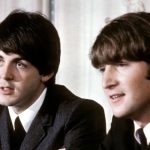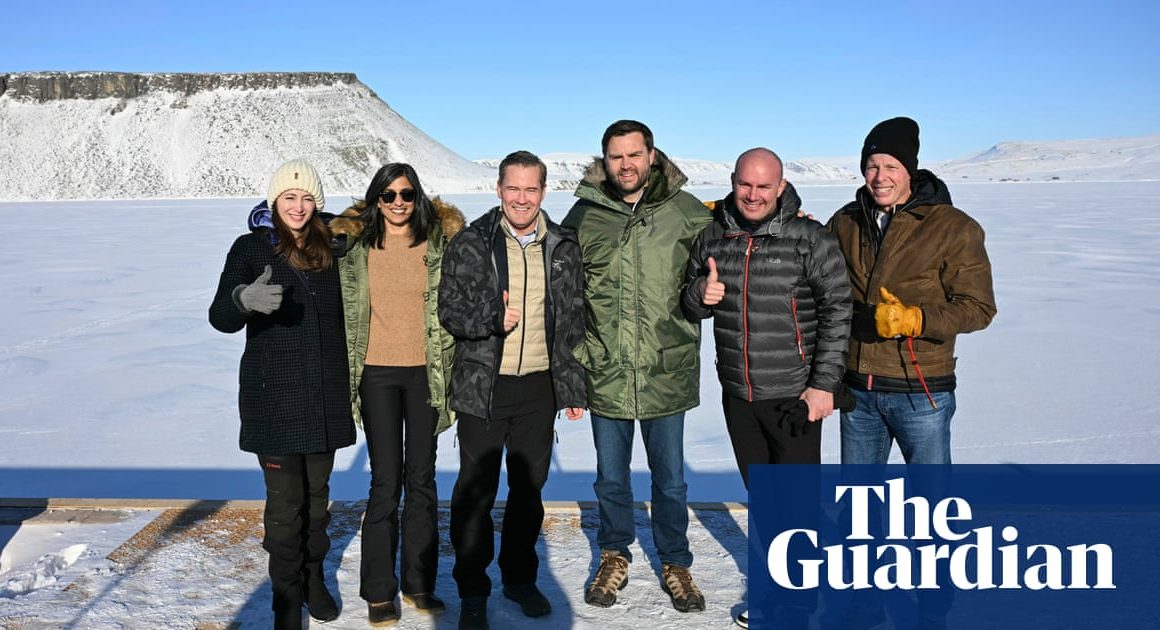The Spanish surrealist painter Salvador Dalí refused to cooperate with anyone wanting to make a film about him – until 1965, when he was finally persuaded to agree by the British director Jack Bond. Like Dalí, Bond, who has died of a stroke aged 87, brought an idiosyncratic style to his work. He was sometimes likened to Ken Russell, another a graduate of BBC arts documentaries, for his wild imagination.
Invited to tea with Dalí at the St Regis hotel in New York, the artist’s winter home, Bond was asked why he wanted to make a film. “My intention would have been to mentally take an electric drill and get inside your head to destroy you and your subconscious and your ego once and for all,” he replied. Dalí’s manager dropped the teapot, but Dalí said: “We will make a film, then.”
Bond shot the film, Dalí in New York, over Christmas 1965, taking with him the pioneering feminist actor and playwright Jane Arden. Her role was to interview – and comment on – the artist as he prepared for his largest exhibition to date, at the Huntington Hartford Gallery.
The entertaining film portrait showed Dalí’s relationships with staff and guests at the St Regis hotel, and included one scene where he is lying down, covered by a million dollars in cash while an egg containing large black ants is broken on his face; it also featured a closing sequence with Dalí painting an image of Don Quixote while being serenaded by a flamenco guitarist and singer.
Dalí clearly found Arden’s combative questions challenging and clashed with her while filming on the steps of St Patrick’s Cathedral. He noticed his cufflinks were undone, asked Arden to fasten them and exclaimed: “Everybody’s my slave!” In good humour, she responded: “No, no, no, everybody’s not your slave.” He walked away in a rage.
The documentary was broadcast in April 1966 in the BBC’s arts series New Release, with Melvyn Bragg as executive producer.
Arden became Bond’s lover (she and her husband, the director Philip Saville, had already separated but remained friendly) and he embraced her feminism to make a string of experimental films with her. They parted in 1979, and three years later he returned to making arts documentaries for Bragg in The South Bank Show on ITV.
His 1986 film on Roald Dahl, featuring the children’s author going on a fantasy journey through a day in his own life, encountering his fictional creations, impressed Neil Tennant and Chris Lowe, the synth-pop duo Pet Shop Boys. They hired him to direct an hour-long video that ended up as a feature film, It Couldn’t Happen Here (1988), combining their music with a surreal storyline that includes a sinister priest and nuns in suspenders. Actors such as Barbara Windsor and Joss Ackland appeared alongside the pair on a journey from the Essex coast to London.
Bond described it as “a saucy seaside postcard come to life and gone mad”, but the film bombed at the box office. Various clips from it formed the music video for Pet Shop Boys’ 1987 Christmas No 1 single Always on My Mind. Bond also directed the promo video – which featured Ian McKellen as a vampire in a Slovenian castle – for Heart (1988), another of the duo’s chart-toppers.
Bond was born in London, to Pat (nee King), who ran a post office, and Frank Bond, who worked in insurance, and he attended Richmond and East Sheen grammar school. Following national service in the Royal Army Educational Corps, he taught English at the Malayan School of Language and Method in Singapore (1958-59), then had a brief stint as an ITV transmission controller before joining the BBC in 1962 to make promotional trailers.
The switch to directing arts documentaries came with The Pity of War (1964), about the first world war poet Wilfred Owen. He followed it with George Orwell 1903-1950 (1965), which included interviews with the author’s widow, sister and friends, as well as contributions to New Release (in 1965 and 1966).
Bond moved in front of the camera to act as a film editor talking about love and marriage in Exit 19, an experimental 1966 film for the BBC written and directed by Saville, in which Arden also appeared.
Bond and Arden enjoyed a long creative partnership. As well as stage plays, he produced her avant garde film screenplays: Separation (1968), about a woman in swinging London facing the breakdown of her marriage, which he also directed; The Other Side of the Underneath (1972), a surreal take on mental illness and a women’s therapy session, which she directed; and Anti-Clock (1979), a futuristic fantasy about a suicidal young man, with both of them directing.
After splitting up with Arden, who had long suffered from depression (and would take her own life in 1982), Bond spent three years leading what he described as a “playboy” existence, which included sailing on his yacht, Moonsaga.
Over more than two decades (1982-2003), he then produced and directed South Bank Show documentaries, beginning with profiles of the German film-maker Werner Herzog and the novelist Patricia Highsmith.
Bond’s later films included The Blueblack Hussar (2013), about the stage comeback of the 1980s pop star Adam Ant following mental health issues, and An Artist’s Eyes (2018), on Chris Moon, shot in London, New York and on a Spanish road trip as the British contemporary painter sought inspiration. “Working with Dalí was such a powerful and volatile experience that it never crossed my mind to make another film about a painter … until now,” Bond said.
He also directed a television documentary, Waiting for Charlotte (2009), a portrait of the Paris-based British actor Charlotte Rampling, whom he had known for more than 40 years.
Bond’s three feature films with Arden, which he withdrew from circulation following her death and a 1983 tribute at the National Film Theatre, were restored by the British Film Institute and released in 2009 on DVD and Blu-ray.
In 1984, Bond married Moira Tully; they later separated. She survives him, as do their children, Tom, Caite and Oliver, and Mary-Rose Storey, his partner since 1999, her daughter Lily, and his brother, Martin. Another daughter, Rebecca, from his marriage, died in 2018.












